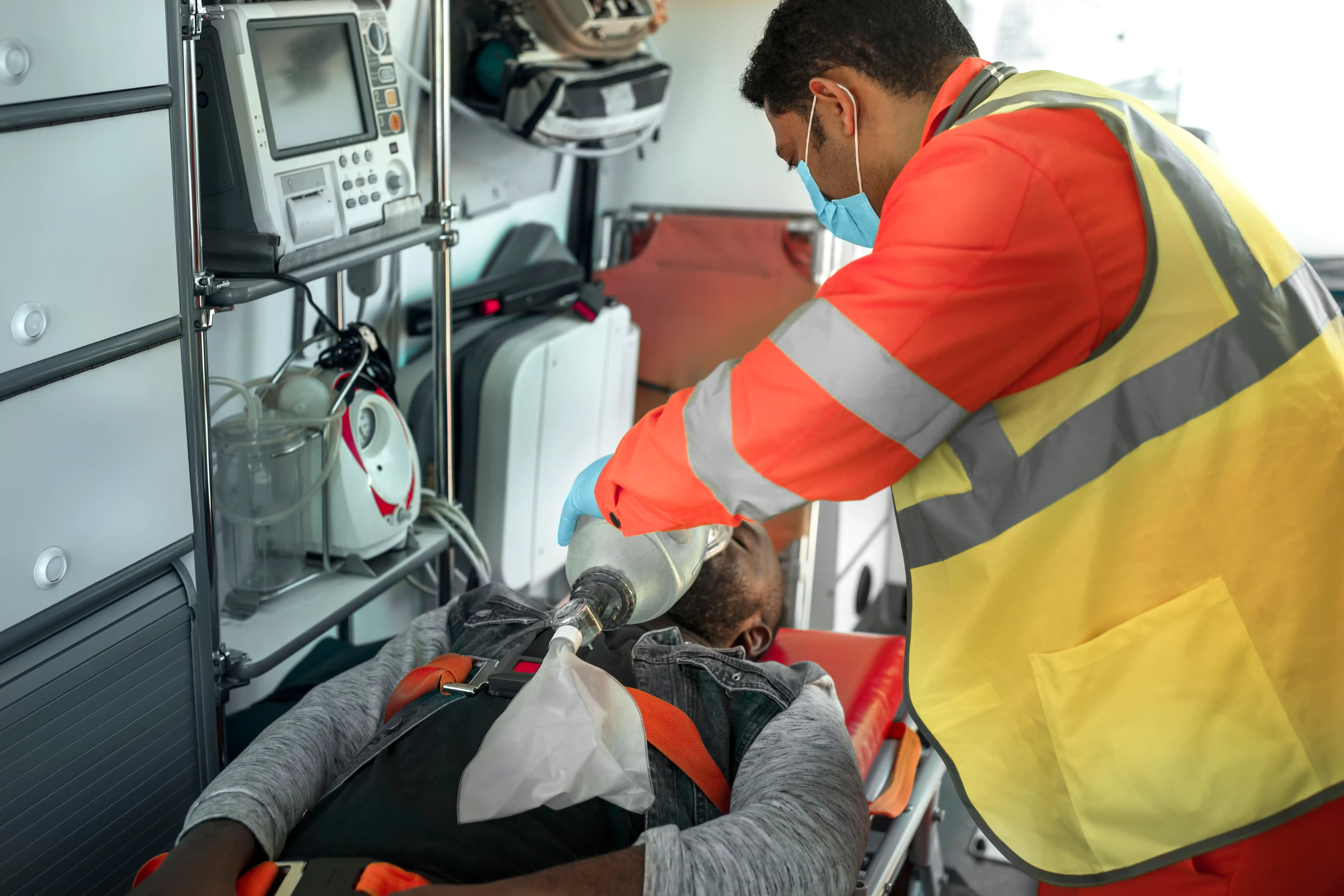Why This Course
- High demand for emergency medical technologists in India and abroad.
- Provides global career opportunities with scope for licensing and higher studies.
- Allows you to work alongside doctors, nurses, and paramedics in real-time emergency situations.
- Offers personal and professional satisfaction by directly impacting patient survival.
Skills You Develop
- Advanced trauma life support (ATLS) and basic life support (BLS).
- Airway management and patient stabilization.
- Critical care monitoring and emergency procedures.
- Quick decision-making in high-pressure situations.
- Teamwork and coordination in emergency units.
- Knowledge of emergency drugs, equipment, and protocols.
Core Subjects Covered
- Anatomy & Physiology
- Emergency Medicine Fundamentals
- Trauma & Disaster Management
- Critical Care & Intensive Care Medicine
- Pharmacology for Emergency Medicine
- Cardiac Care & Life Support Systems
- Emergency Procedures & Patient Transport
Certification & Licensing
Graduates of B.Sc. Emergency Medical Technology are eligible for:
- Registration with national paramedical councils (as applicable).
- Employment in hospitals, emergency services, ICUs, and trauma centers.
- Advanced certifications like ACLS (Advanced Cardiovascular Life Support), BLS (Basic Life Support), PALS (Pediatric Advanced Life Support).
- International licensing exams for opportunities abroad.
Career Options
Graduates of B.Sc. Occupational Therapy can pursue roles such as:
- Emergency Medical Technologist in hospitals and trauma centers
- Paramedic or Ambulance Emergency Responder
- ICU or Critical Care Specialist
- Disaster Management Specialist
- Emergency Department Coordinator
- EMS Educator or Trainer
- Roles in NGOs, rescue operations, and global healthcare organizations
Course Highlights
- Learn advanced emergency response and life-saving techniques
- Training in ICUs, trauma wards, and emergency departments
- Compulsory clinical internship for real-world exposure
- Certifications in BLS, ACLS, and trauma care included
- Strong demand in both India and international healthcare systems
- A career that directly saves lives and makes an immediate impact
Course Objectives
- To train students in handling medical emergencies with speed and accuracy.
- To develop expertise in trauma care, patient stabilization, and critical monitoring.
- To provide skills in using advanced emergency equipment and life-support systems.
- To prepare students for roles in hospitals, emergency services, and disaster response.
- To nurture confident, skilled professionals capable of working under extreme pressure.
Course Duration
-
Total Duration: 4 years
- 3 years of academic study
- 1 year compulsory internship in emergency care and critical units


